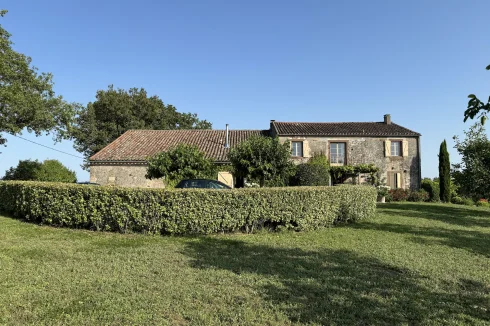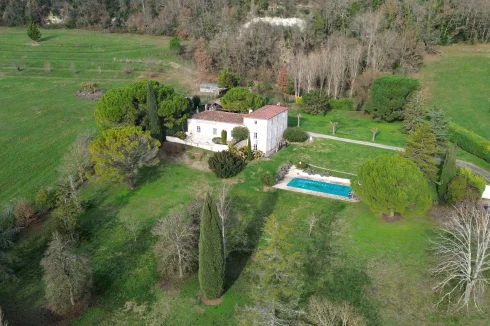Holiday Apartment Investments Under Scrutiny
Thursday 03 December 2015
The risks to investors in holiday apartment complexes known as résidences de tourisme is to come under closer scrutiny by the French government.
Holiday residential developments known as résidences de tourisme have been a hugely popular form of investment in France over the past 30 years.
It has been an investment encouraged and supported by the government, keen to develop tourism, and heavily promoted by banks and financial advisors who earn a commission on sales.
Most of the developments are in ski-ing resorts, although in recent years they have also spawned in cities, seaside resorts and the countryside.
The developments are really a hybrid between a hotel and a furnished apartment – effectively serviced apartments for holiday use.
Each apartment in a complex is sold to an investor (mainly individual buyers), who then grants a commercial lease to an operator for a minimum of 9 years to run the complex.
In turn the operator pays a rental each quarter to the investors, based on the management agreement into which they have entered.
A great deal of their attraction for investors has been down to the tax incentives that have been available, together with a 'guaranteed' return and management responsibility undertaken by an operator.
However, behind the promotional hype lies a reality that can hide a not insubstantial degree of risk.
Over the past decade dozens of the complexes have incurred financial difficulties. Some have gone into liquidation, whilst in a number of other cases investors have been obliged to accept lower rents or late payment of their rental income.
Most of the developments have been located in low-lying ski resorts or in marginal tourist areas.
There have also been a number of corruption scandals, in which politicians, funders and property professionals have been implicated.
With tens of thousands of angry investors affected by the problem the government was obliged in 2010 to react by giving some greater protection to investors, notably by flexing the rules on tax relief.
There was also some tightening of the zones where tax relief would be available for such developments.
However, as the fortunes of some complexes have continued to decline, and others have been added to the list, pressure has continue to mount on the government.
The issue is an embarrassing one for the public authorities, so it was without any fanfare that news trickled out last month that the government have decided to set up a working party to examine the risks to investors of these developments.
The working group with be under the auspices of the Ministry of Tourism, with support from the consumer protection office of the Ministry of Finance.
The inquiry by the working party is likely to be substantially influenced by work already carried out by consumer protection officials in 2013, when they undertook an investigation into these developments, concluding that promoters exaggerated their commercial performance, with investor returns up to 60% lower than was initially claimed.
With the prices of these apartments often based on a mathematical calculation that later proves to be unreal, investors who later want to check-out of the investment find they can only do so at a loss.
The report also considered that promoters were far too reticent about providing information on the financial performance of the résidences de tourisme market. They found that many developments carried out in the 1970s and 1980s performed particularly badly.
Local councils were far too willing to grant planning permissions for new developments, without taking into consideration the implications on rent levels in existing developments.
As a result, some new developments, such as those at Fon-Romeu in the Pyrénées-Orientales and in Superdévoluy in the French Alps, were 90% vacant during the summer and had only an average occupancy rate of 40% during winter.
According to the Observatoire national des stations de montagne, whilst the winter occupancy rate last year across France in résidences de tourisme was a reasonably satisfactory 75%, during the spring period it varied between 30% and 71%.
Directly in response to the lower levels of occupancy over the spring period, the government have made some adjustment to school term dates in 2016, bringing forward the start of the school holiday period.
Next Article: Taxation of Share Gains
Thank you for showing an interest in our News section.
Our News section is no longer being published although our catalogue of articles remains in place.
If you found our News useful, please have a look at France Insider, our subscription based News service with in-depth analysis, or our authoritative Guides to France.
If you require advice and assistance with the purchase of French property and moving to France, then take a look at the France Insider Property Clinic.





